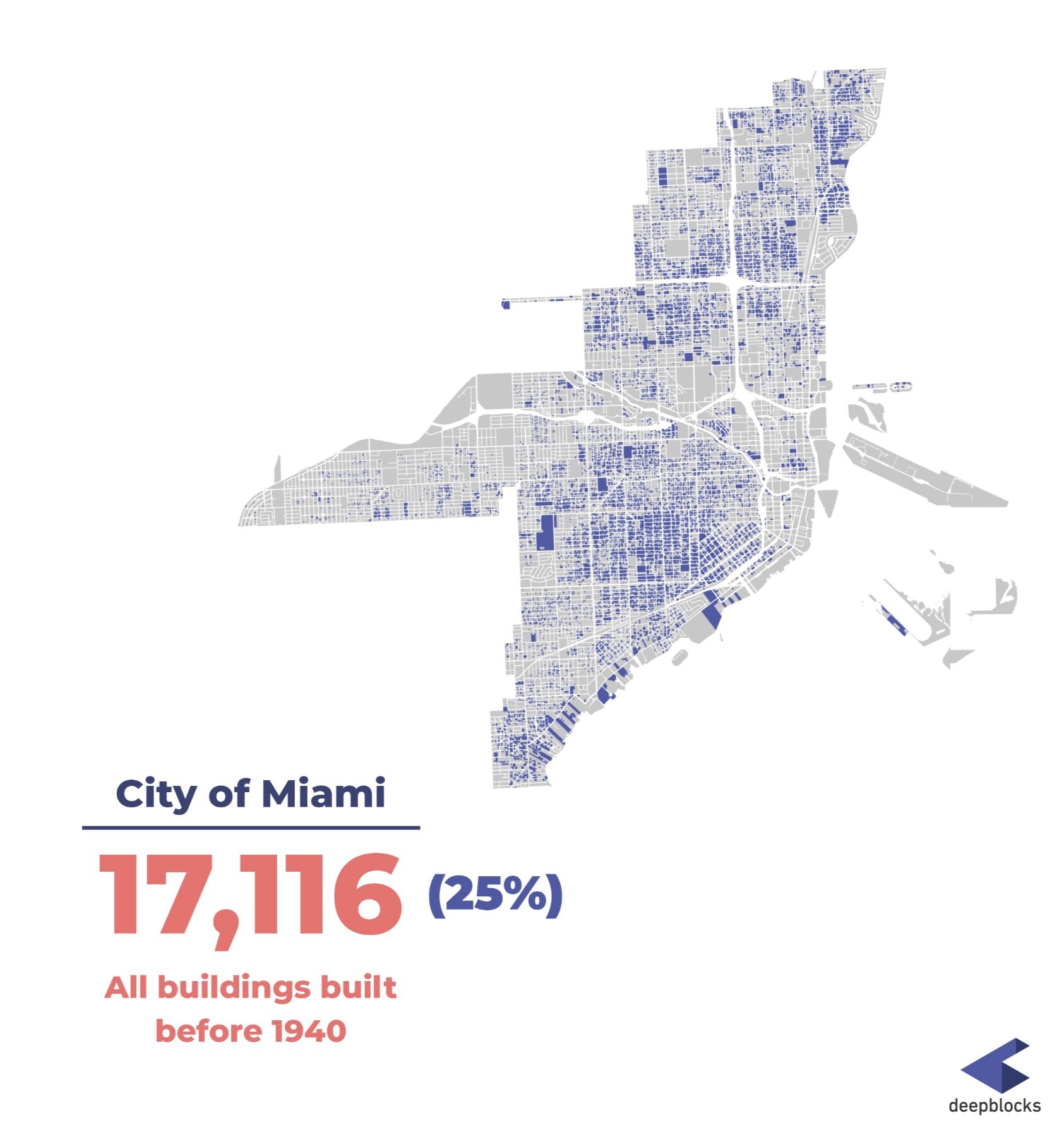There are good reasons to keep an older building. In this blog I will go over replacement cost and how it affects investing in existing buildings.
Replacement cost is asking the questions “how much would it cost if I had to build it from scratch?”. This is important to understand because it affects how insurance companies value the property as well as how your building performs against new inventory.
Insurance companies use replacement cost, and not market value, to determine the value of the building. That is, if you pay $350,000 for a building that would cost $500,000 to replace, the insurance will value the building at $500,000. This makes sense only because if after an earthquake or hurricane the building is a total loss, they have to provide you with what it would cost to rebuild it.
On the other hand, if the building replacement costs is higher than the purchase price, then you have an advantage over new construction that might be coming up around you. If someone was to build the same building and offer the same types of units or retail space, for example, they would need to ask for higher rents in order to make the same return on investment. Simply because it cost them more to build.
Old building:
Purchase Price: $500,000
Net Operating Income: $100,000
Return on Cost: 20%
New building:
Building Cost: $700,000
Net Operating Income: $140,000
Return on Cost: 20%
Therefore, if the replacement cost is higher than the existing building’s asking price, you’ll get a higher return than if you built it from scratch, which is a great reason to keep it as is.
Here is a map of the City of Miami highlighting all the buildings built before 1940.
With our Smart Search feature, you can do the same.
If you have any questions, we have a free webinar every Thursday at 3pm EST.






